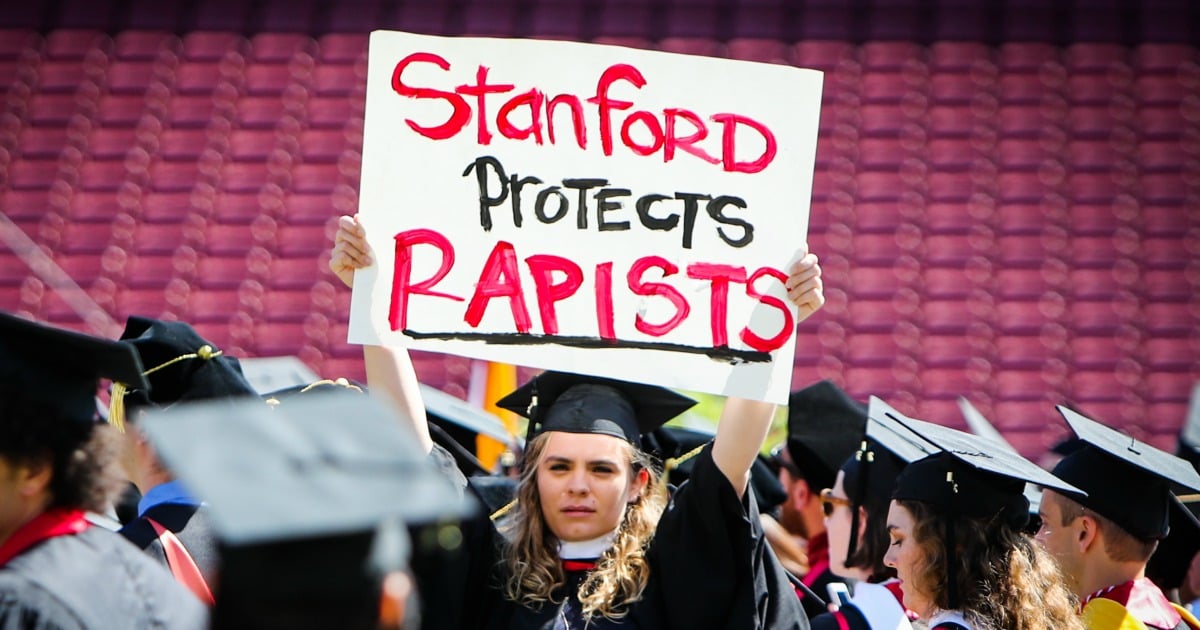There have been times this year when the world felt as if it was going backwards — or had, at the very least, gotten itself stuck in some godawful unending time loop. Especially for women.
The gender pay gap somehow glued itself to 1995, we endured the soon-to-be President of the United States bragging about grabbing us by our ‘pussies’, and a Stanford University student was released from prison after serving just three months for sexual assault.
Now, Twitter is not the most hospitable place for women at times, but when something sexist goes down you can bet social media is first place the sisterhood will find solidarity.
For a decade hashtags have been a rallying point online, but in 2016 — arguably more than ever before— we witnessed their power.
Collective outpourings over the US Election, high profile rape cases, reproductive rights and just good old-fashioned everyday sexism have been at times hilarious, often heart-wrenching, but most importantly, many have had real world consequences.
These are the hashtag movements that made us feel something in 2016.
#LikeALadyDoc
Early this year, British newspaper The Times published an article denouncing female healthcare workers for their lack 'work ethic'.
Basically the author (Nigella Lawson's much-less-successful brother Dominic) alleged women's laziness and love of child-rearing had the system hurtling towards collapse.
Unimpressed female doctors hit back under the hashtag #LikeALadyDoc.
#FreeKesha
In February, the hashtag #FreeKesha lit up Twitter after pop star Kesha lost her bid to escape a contract binding her to her alleged abuser, producer Lucasz "Dr Luke" Gottwald.





























































































